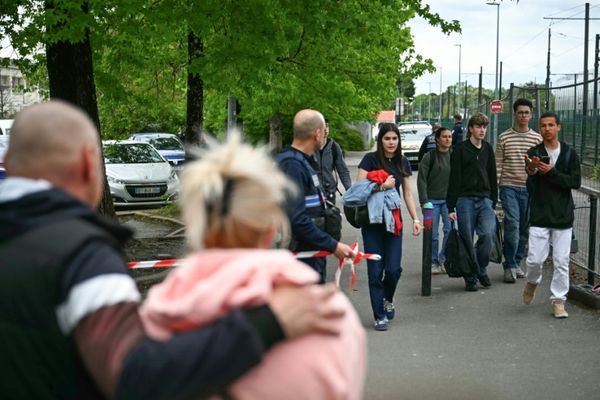At least seven States and one Union Territory have given a cold shoulder to the Centre’s online platform meant to share information and coordinate action among law enforcement agencies on serious criminal incidents, including human trafficking, data show.
The Crime Multi Agency Centre (Cri-MAC) was launched in 2020 by the Ministry of Home Affairs (MHA) to share information on crime and criminals 24x7 with various law enforcement agencies and ensure a seamless flow of information among them. The application run by the National Crime Records Bureau (NCRB) aims to help in early detection and prevention of crime incidents across the country.
West Bengal, Andhra Pradesh, Bihar, Chhattisgarh, Mizoram, Manipur, Nagaland and Sikkim and Union Territory of Dadra, Nagar Haveli and Daman and Diu have not uploaded a single alert on Cri-Mac since the portal was launched in March 2020.
Delhi, Assam and Haryana uploaded the maximum number of alerts on the portal, which included information on release of a hardened criminal from jail or an incident of terror, murder, dacoity among others.
As on July 1, the number of alerts uploaded on the portal stood at 35,145 though there are 16,361 police stations in the country.
The MHA held a meeting with State nodal officers on August 17 on steps to curb human trafficking.
In the meeting, the MHA asked States to make use of the Information Technology intervention Cri-MAC to coordinate action in sharing inputs and alerts on trafficking incidents.
Inter-State coordination
The Home Ministry said “Cri-MAC facilitates dissemination of information about significant crimes, including human trafficking across the country on real-time basis and enables inter-State coordination. This can, inter-alia, help in locating and identifying the trafficked victims as also in prevention, detection and investigation of crime.”
In a presentation to States, the MHA said the “Government of India recognises that human trafficking is a grave crime” and attaches high importance to the efforts directed at preventing and countering it. It said human trafficking was a highly organised crime often involving inter-State gangs and by Criminal Law (Amendment) Act, 2013, Section 370 of the Indian Penal Code was substituted with a modified Section 370 and a new Section 370 A was also inserted.
“These Sections provide comprehensive definition of human trafficking and also provide for strict punishment to be awarded to the offenders for exploitation of a trafficked person,” the Ministry said.
The MHA cautioned that human trafficking cases are not registered under Sections 370/370A of the IPC by some police authorities and States are requested to make optimal use of the penal Sections.
It urged States to sensitise and train police personnel posted at bus depots, railway stations, State borders etc. to keep a close watch on suspicious activities and persons.
“The Ministry of Labour and Employment is requested to sensitise officers of the Labour Department of all States and Union Territories for keeping a close watch on the activities of suspicious placement agencies,” the MHA said.







